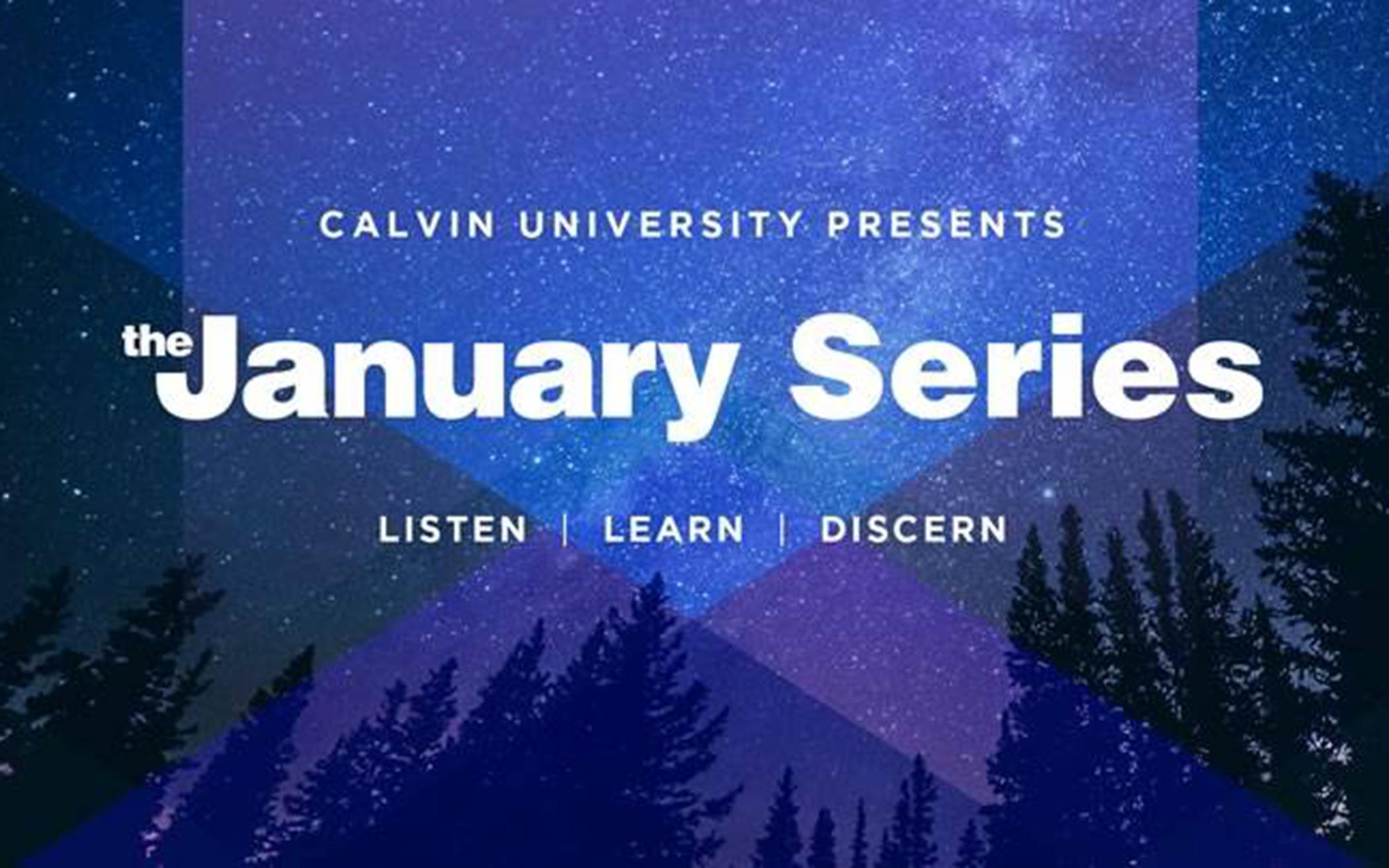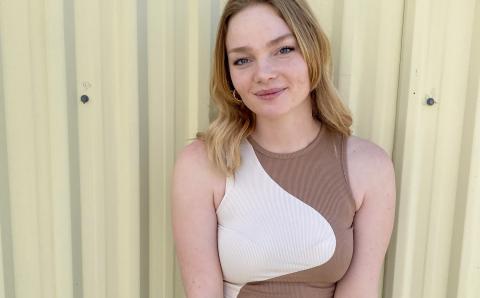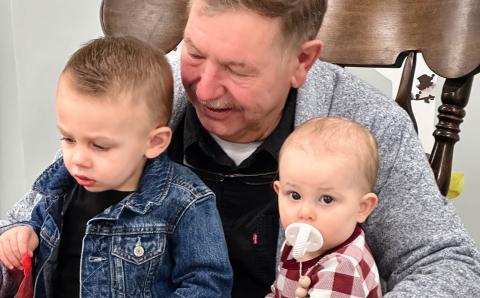Curiosity fuels the human heart. It’s what drives the future exploration of Mars and led to the moon landing. It inspires people to climb mountains and dive into the depths of the sea.
From children to the most aged among us, many people consider themselves inquisitive. Others say they’re lifelong learners. Curiosity promotes learning at any age and prompts personal growth and heart change.
“I hope people remember that it’s easy to learn,” said Ken Jennings, co-host of Jeopardy! “You could be learning something new almost every hour of the day, and it’s a shame not to. That’s what builds us as people.”
The popular game show host spoke to a crowd of participants earlier this year at Calvin University’s January Series, a free 15-day series of lectures on a variety of subjects. This year’s topics included staying curious, racial healing, disability awareness, and climate change from a Christian perspective. For more than 30 years January Series lectures have inspired cultural renewal and shaped participants into better global citizens in God’s world. And listening to viewpoints sometimes different from their own spurs creative thinking, critical discernment, and heightened curiosity among attendees.
Sylvia Day is in her late 80s. She strove to attend as many of the January Series lectures as possible over the past 10 years, purchasing speaker books as gifts and watching videos of certain talks multiple times. When she finds a talk that piques her curiosity, she shares it with her friends so they can discuss it later, thus continuing the learning.
Both the January Series and the Calvin University Academy for Lifelong Learning offer lifelong learning opportunities to students of any age. The CALL program allows participants to sign up for six-week classes on a variety of subjects, such as the art of Indigenous people, fashion theology, or the writer Virginia Woolf. The program also offers weekly clubs and numerous travel opportunities around the country and the world.
When we have curious minds, there is no age cap on learning and discovering. Whether you’re young or old, curiosity has notable benefits, including memory boosts, idea linking, and heightened engagement. Recent research even shows that curiosity about a subject makes facts more deeply encoded and more accessible when needed later on.
Calvin University prioritizes curiosity among its students, alumni, faculty, and staff, and students are prepared for a lifetime of learning and being Christ’s agents of renewal in this world.
“The goal of a Calvin education, whether as a young adult, middle-aged person, or senior citizen, is to teach students how to think, not what to think,” said January Series Michael Wildschut. “The fun of the lifelong learner is that students come to campus and approach the world with an open mind. They try on ideas they haven’t considered, balancing their convictions and curiosity in a way that encourages them to consider another perspective or viewpoint. The curious student is willing to hear things he or she may have not already been listening for.”
The National Institute on Aging suggests that keeping one’s mind engaged through learning new skills and hobbies actually improves cognitive health, especially among older adults. “People who engage in personally meaningful and productive activities with others tend to live longer, boost their mood, and have a sense of purpose,” the NIA blog says.
“Like children discovering something new,” Wildschut said, “let’s resolve to stay inquisitive. Commit to the hard work of asking questions. Most importantly, as Christians let’s resolve to explore with curiosity God’s creation every day. We can each commit to being lifelong learners at every age and stage of our lives.”









